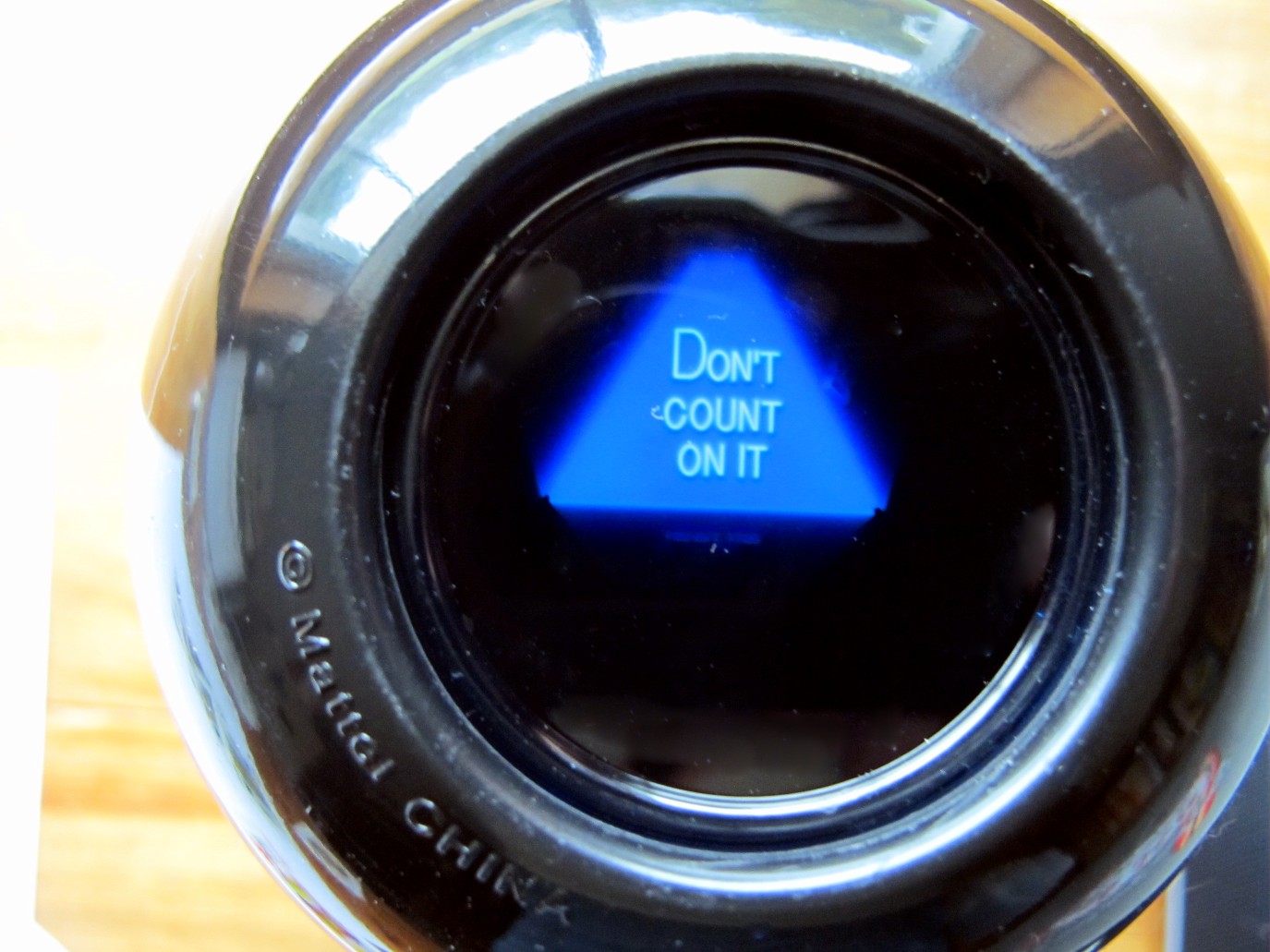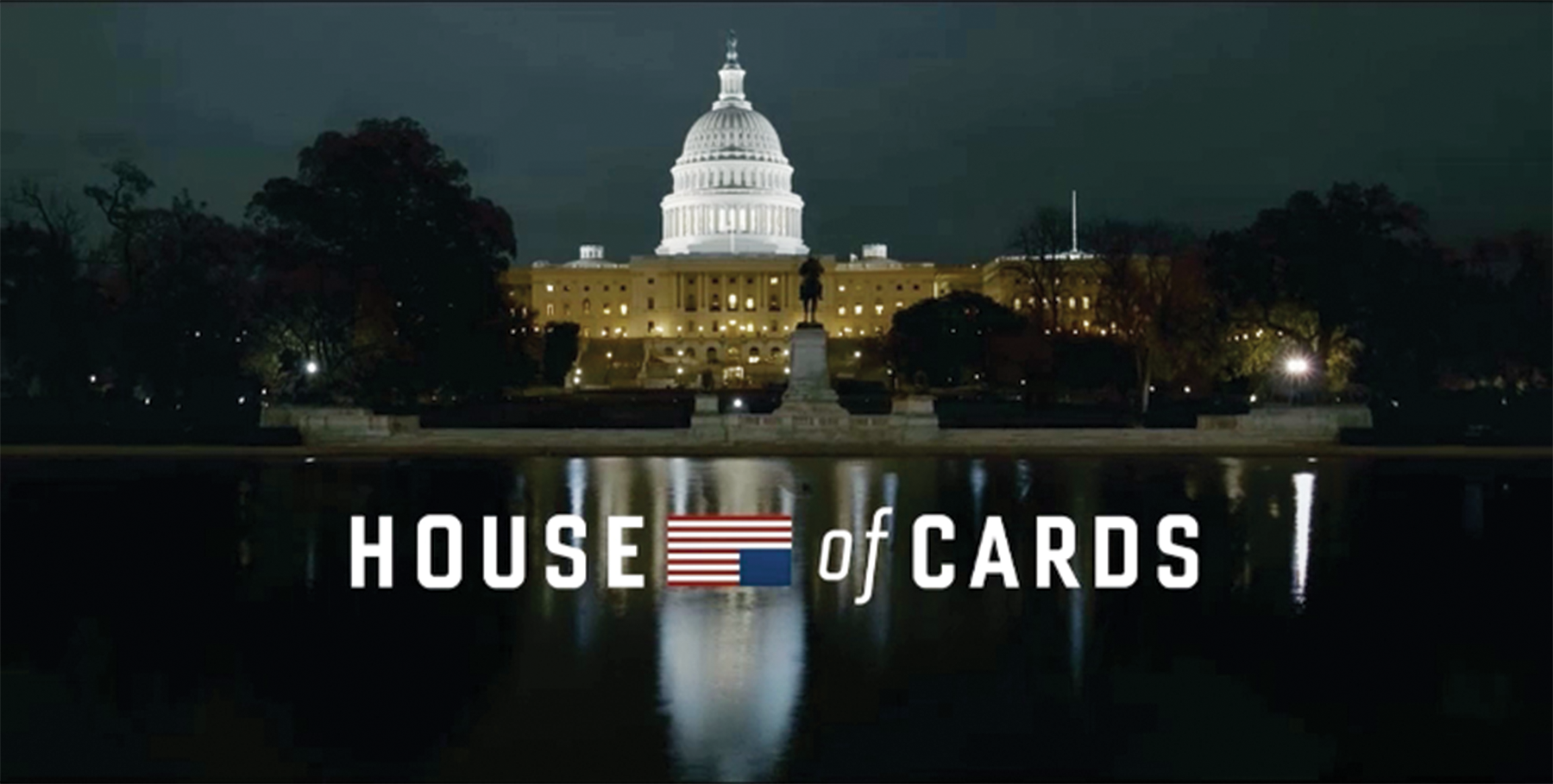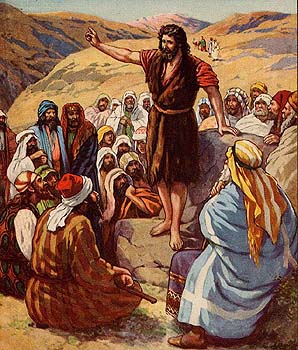We approach discernment with an expectation of certainty. Even I use the term “clarity” as a desired product of discernment, yet the reality of life means there’s always an unknown, always a mystery. As Paul says, “For now we see in a mirror, dimly…” The Message translation puts it, “We’re squinting in a fog, peering through a mist.” Pope Francis says that discernment is not an oracle. He admits that “There is an apparent randomness in life’s events.”
Discernment is simply listening to the voice of God through the movements of life and of my heart. We cannot reach a good decision without first listening.
In his recent catechises on discernment, Pope Francis offers some fresh pearls to consider in the art of discernment.
Time
 First, Francis touches on time. He understands that time is necessary for discernment. It means it is a process and can sometimes be slow. But we also know that we can wish to rush and “skip the intermediate stages,” as Chardin says in his poem, “Patient Trust”.
First, Francis touches on time. He understands that time is necessary for discernment. It means it is a process and can sometimes be slow. But we also know that we can wish to rush and “skip the intermediate stages,” as Chardin says in his poem, “Patient Trust”.
The temptation for decision-makers is to fall into the trap that time puts on us. We tend to sometimes be hasty, sensing a scarcity of time, rushing into a choice without taking the time to listen to the voices in our heart or to the realities around us. It’s the recipe for rash and mistaken choices.
“Temptation does not necessarily suggest bad things,” says Francis, “but often haphazard things, presented with excessive importance.”
The other temptation is to disregard the reality of time all together and be hesitant. The hesitant decision-maker can become paralysed by what-if questions, wishing to have a crystal ball that makes the decision clearer. And then they never end up making a decision. John Veltri, SJ reminds us, “As humans, our knowledge is never complete because we live our lives through units of time.”
Both the hasty and the hesitant decision-maker are driven by fear and don’t fully trust the discernment process, which balances the limits of time and the need to actually make a choice.
“Decision-making is always limited by time and space, says Veltri. “Mistaken decisions are inevitable. It is better to take a risk of being mistaken than it is to give up our right to decide.”
 Setbacks
Setbacks
Being limited in time means we cannot predict the future. We can only make the best choice we can in the moment with the information presented to us. But life, Pope Francis says, can seem random. Saint Ignatius never planned to be injured by a cannonball. He never planned to be in bed for months. He never planned to read about Christ and the saints. Yet those seemingly random events influenced his discernment about his future. “Everything seems to arise from a banal setback,” Francis writes. “There were no books about knights, only about the lives of saints, a setback that nonetheless held a possible turning point.”
Setbacks become a surprising avenue of grace. Have we not all experienced an apparent disappointment or misfortune from which something good arose? Or an interruption of our plans for something greater to emerge? Mary and Joseph likely had dreams for their life together, but it was interrupted with a divine surprise that, while challenging, was an advent of grace.
Francis, in his catechesis, says that God works through such “un-plannable events”. “Setback: what is God saying to you? What is life telling you there?” In the Gospel of Matthew a man accidentally comes across a buried treasure. This unplanned event changed things. It was a turning point. Francis says, “The most beautiful narrative thread comes from the unexpected: ‘How do I act in view of this?’”
Desire
Along side the randomness of life are our inner desires. Pope Francis notes that the word desire comes from the Latin de-sidus, meaning “lack of the star”, “the lack of the reference point that orients the path of life,” Francis says, “It evokes a suffering, a lack, and at the same time a tension to reach the good that we are missing.”
Spiritual teachers speak of a restless desire for God which manifests through desires for joy, fulfilment, love, life, and our true self. It is “the sign of God’s presence in us,” the pope writes. “A person who never desires is a static person, perhaps ill, almost dead.”
Desire is important for discernment because it is what fuels us and draws us through the process to a decision. We must listen to it, be attuned to its movements, and ensure it comes from God and ultimately leads to our fulfilment in God. Francis says, “Unlike a momentary craving or emotion, desire lasts through time, even a long time, and tends to materialize.”
Pope Francis notes that Jesus often questions people about their desires. What are you looking for? Do you want to be healed? “Jesus’ question was an invitation to bring clarity to [the person’s] heart.” Sometimes simple questions can be profoundly helpful. They can help us sift between what is truly important and what is not, what leads us to love of God and neighbour, and what does not.
Self-knowledge
Knowing ourselves is critical for good discernment. These days there are plenty of tools to grow in self-awareness like the Enneagram or other personality models. One of the most helpful tools however is the Examen, an exercise of examining your lived experience, your reactions and responses to it, and your desires for yourself going forward.
The Examen is a daily act of discernment, of listening. We look back in order to look forward. And sometimes we see our weak points, our shadow side, and those unhealthy patterns that derail us from making life-giving choices.
Pope Francis says, “Reading one’s own history also means recognizing the presence of these ‘toxic’ elements, but to then broaden our narrative, learning to notice other things, making it richer, more respectful of complexity, succeeding also in grasping the discreet ways in which God acts in our life.”
He continues: “Because God’s style is discreet: God likes to go unseen, with discretion, he does not impose himself; he is like the air we breathe — we do not see it but it allows us to live, and we realize this only when it is missing.”
But how do we realise something is missing unless we look at ourselves? And how do we see the gifts we hold which will influence our future decisions?
“Stopping and acknowledging: it is important for discernment,” the pope writes. “It is a task of gathering those precious and hidden pearls that the Lord has scattered in our soil.”
Discernment, which does not make claims of absolute certainty as it is about life which is not always logical, requires more than simply striving for inner ‘well–being’ – it necessitates a relationship with what Pope Francis calls, “the Living One“. He puts it simply, “Jesus never forces you to follow him, never. Jesus lets you know his will, with all his heart he lets you know things, but he leaves you free.” This freedom is the necessary element of discernment, which allows for surprises, setbacks, and lets God be God.
Listen to the podcast version of this post…

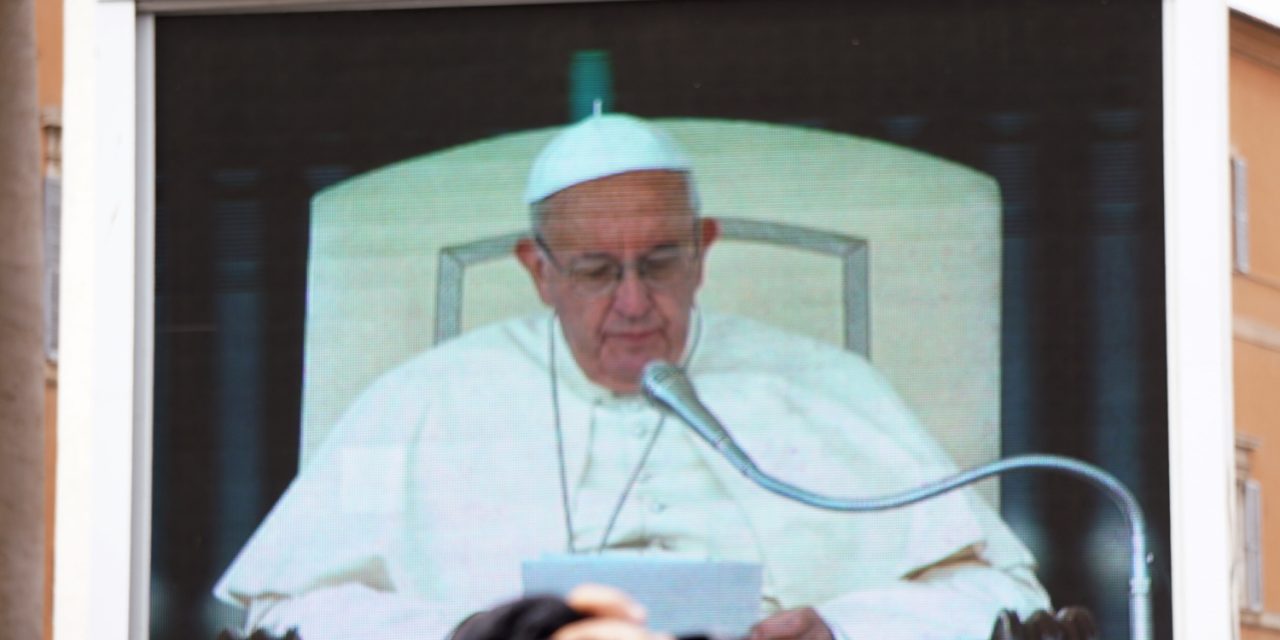
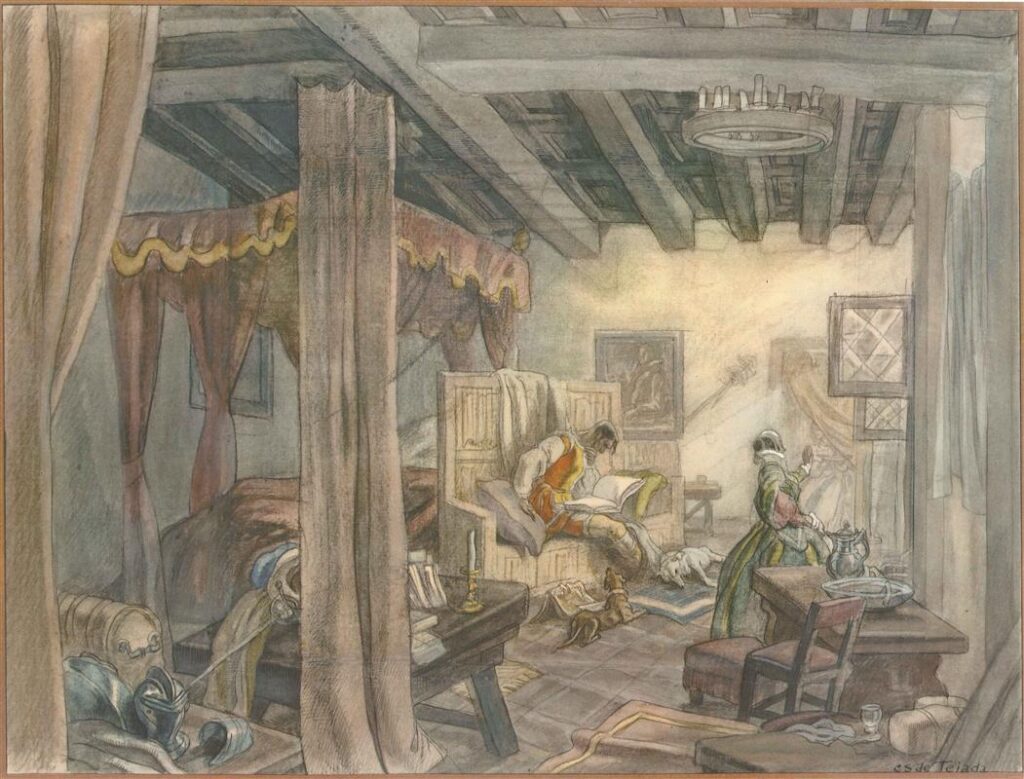 Setbacks
Setbacks